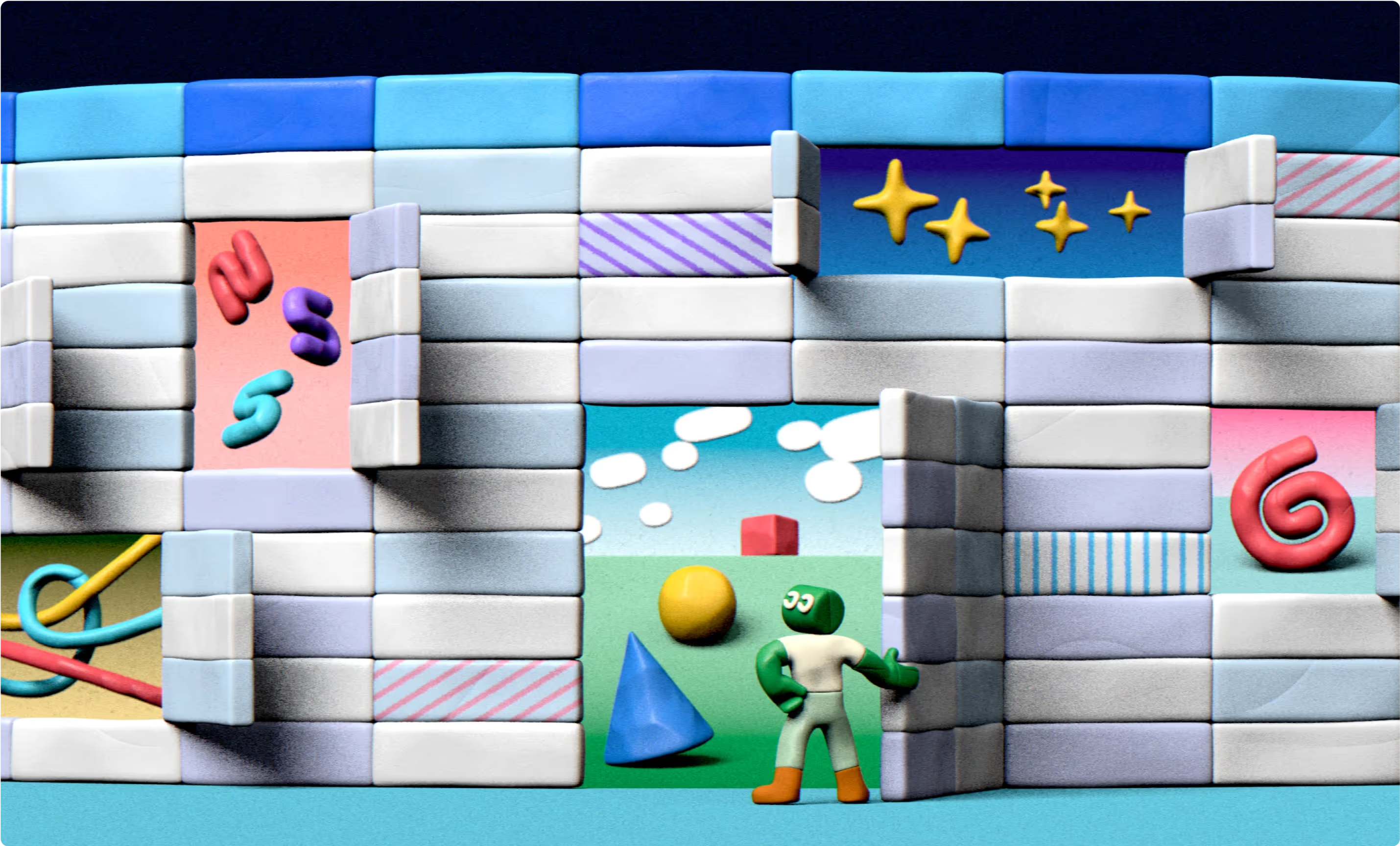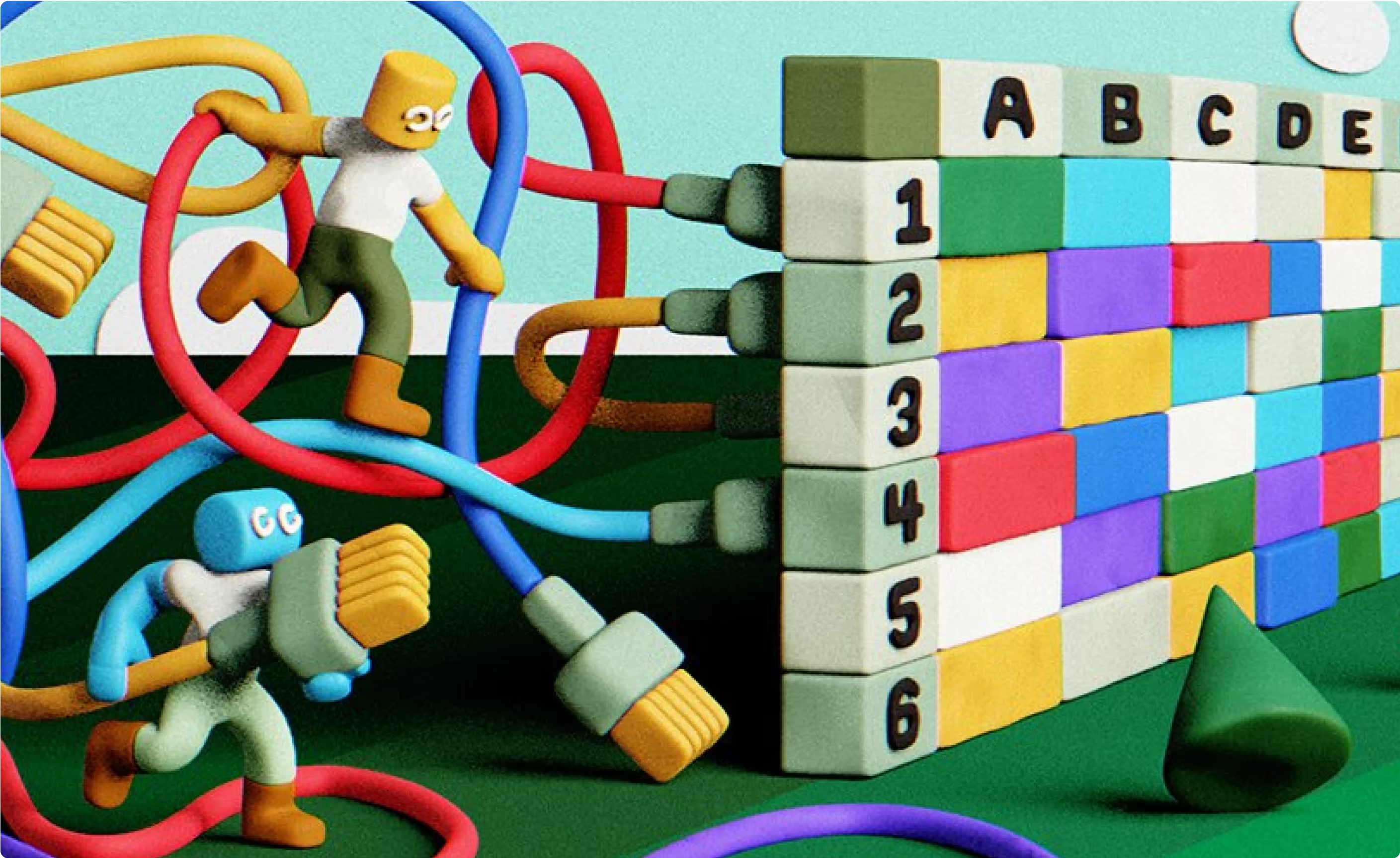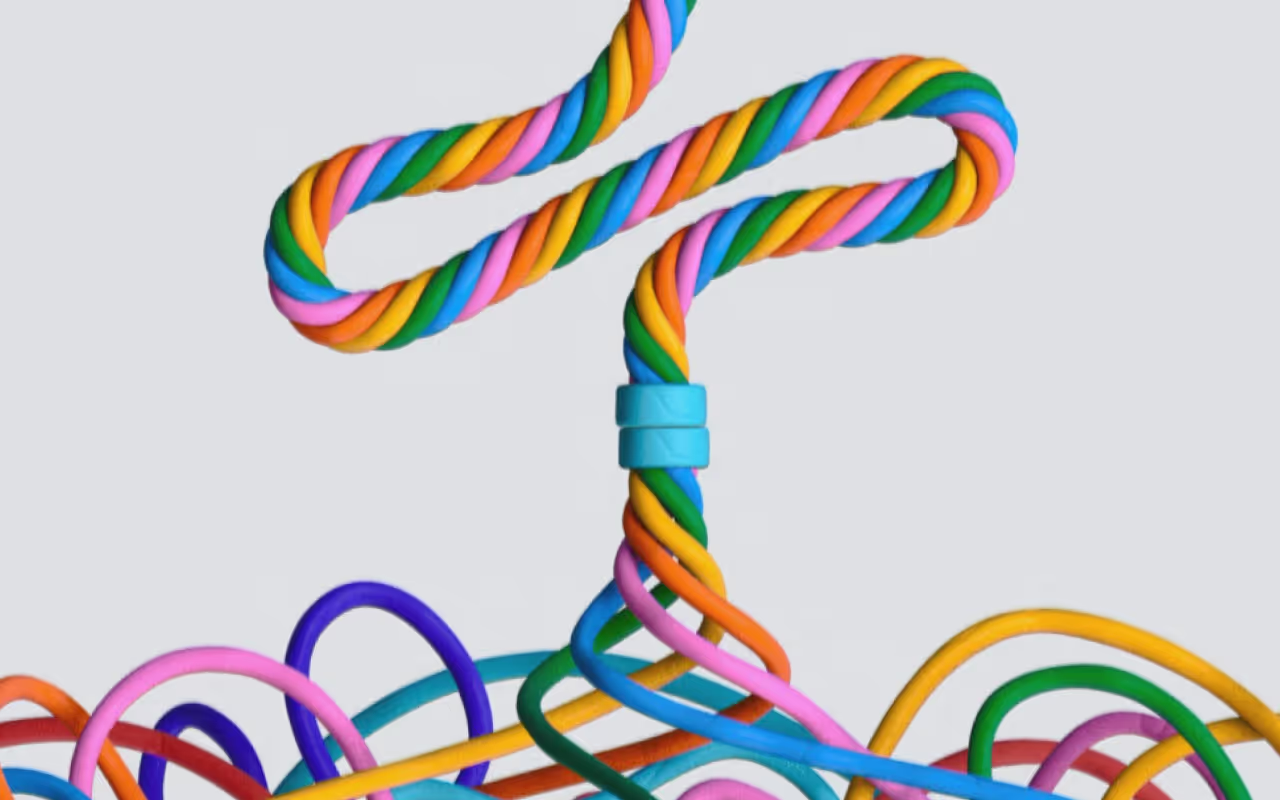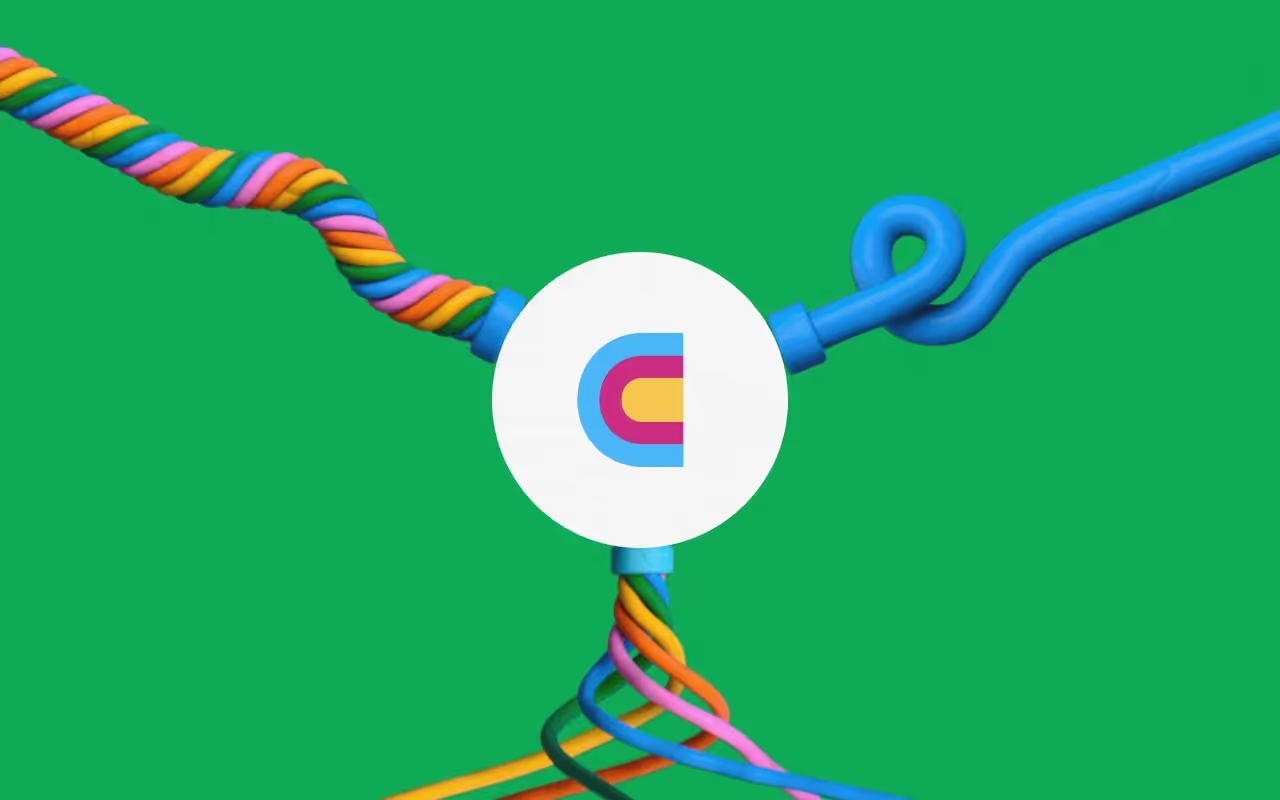Mastering AI-Powered Copywriting in Clay 🚀
Note: this lesson also appears in Clay 101 so feel free to skim or skip if you've already seen it somewhere else
At Clay, we're always looking for ways to enhance our outreach strategies, and AI-powered copywriting has become an invaluable tool in our arsenal. In this article, we'll dive into the best practices for leveraging AI in your copywriting efforts within the Clay platform.
The Power of AI Snippets 💡
When it comes to AI copywriting, we've found that using what we call "AI snippets" is the most effective approach. Instead of generating entire paragraphs or lengthy content, we focus on crafting individual sentences or small chunks of text at a time. This method allows us to maintain tight control over the scope, boundaries, and parameters of our AI-generated content.
We've learned through experience that when we ask AI to generate multiple sentences or paragraphs, the instructions can become too broad, leaving room for error. Generative AI tends to struggle with these wider scopes, often producing content that veers off-topic or doesn't align with our intended message. By sticking to smaller snippets, we can harness the strengths of AI while avoiding its potential pitfalls.
Crafting the Perfect Subject Line ✉️
Let's walk through an example of how we use AI snippets in Clay to create compelling email copy. We'll start with the subject line, as it's often the first thing our recipients see. Using our research table on individual contacts, which includes extracted thought leadership insights, we craft a single, impactful sentence.
We follow email best practices by keeping our subject lines under eight words, focusing on the second person, and referencing relevant research about the individual. To guide the AI, we provide a few examples of what we're looking for, often starting with phrases like "Your insights on..."

Building the Email Body 📝
Once we have our subject line, we move on to drafting the email body. The first line is crucial, as it should follow up on the insights mentioned in the subject line. We typically start with something like "Just read" or "Just listened to," referencing the type of research we're drawing from.
It's important to keep these sentences succinct while still including valuable insights. We provide examples to the AI to ensure we get the desired output. One critical step we never skip is feeding the AI the lines we've already crafted. This prevents repetition and ensures each new sentence adds unique value to our message.

Adding Personal Touches 🎨
To make our emails stand out, we often include creative elements like quotes from podcasts or blog posts. We might also add a personalized postscript (PS) that references something specific about the recipient, such as their alma mater or a tradition from their university days.
The Result: Personalized, Engaging Copy 🎯
By following these practices, we end up with highly personalized and engaging email copy. This approach allows us to create unique, one-on-one copy for each prospect while maintaining efficiency through AI assistance.

Putting It All Together 🔄
Once we've crafted our personalized copy, we're ready to sync it back to our sequencing tools. This allows us to put our AI-powered messages into action and start booking meetings with our prospects.
By mastering these AI copywriting techniques in Clay, we've significantly improved our outreach efforts. We're able to create highly personalized, engaging content at scale, while maintaining the human touch that's so crucial in building meaningful business relationships.
Connect, explore and learn together
Read our GTM blog, or try out our top Claybooks and templates to transform your growth ideas into outreach in minutes.





















